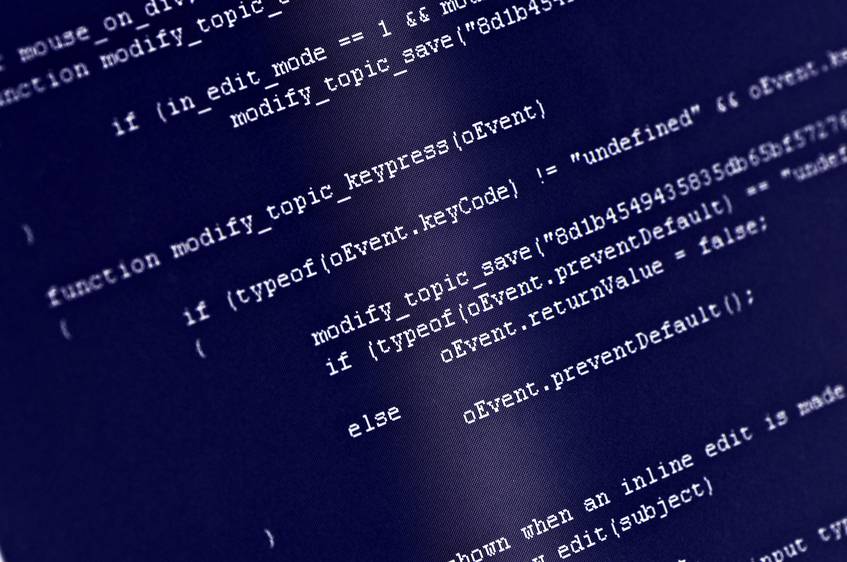Artificial intelligence, or AI, is no longer a rarity. In fact, if you look at even earlier technologies, such as the earliest computer programs, artificial intelligence was present there in simpler forms, such as “if this, then that” statements.
The first two industrial revolutions were powered by steam and then electricity. The third was based on automation. In each of these revolutions, workers became more efficient. As a fourth industrial revolution, AI will free workers from many intellectual tasks founded on gathering, analyzing, and making decisions based on large amounts of data. Potential consequences are only starting to be recognized.
The combination of AI and workflows promises to be powerful. The combination allows organizations in every industry to take their operations to a higher level of functioning with regard to efficiency, productivity, and effective decision-making.
Workflows Already Use Some Forms of Artificial Intelligence
If you use automated workflows, then you already use AI on some level. For example, suppose your company has a rule that purchase orders over a threshold amount must be approved by a department head before they can be executed. Perhaps your automated workflow reads in the purchase order amount entered by the workflow user, compares it to the threshold and, seeing that it is over that threshold, automatically notifies the appropriate department head that their approval or denial is needed.
Software has always operated on basic principles of, “Read this data. If this, then that,” along with iterative programming steps and other types of data management and calculations. The AI of today, however, has the power to use quantities and types of data that even the most astute subject matter expert would be hard-pressed to take in and make sense of.
Smarter Marketing – One Possible Outcome of AI in Workflows
Imagine a marketing workflow that takes in data from customers and uses it, along with data from many other customers to reach conclusions and make predictions. Perhaps customers who bought X number of a product in Y time period had a 9 in 10 probability of buying product Z ultimately.
Data insights like these would allow a marketing workflow to automatically deliver marketing collateral for product Z to all customers who bought X products within a Y timeframe. That automation can save time and potentially bring in orders for product Z with a minimum of human interaction. Artificial intelligence is what gives “big data” its power. And the great thing is that AI applications can continue to “learn” from what happens as a result of the application’s actions.
AI Can Free Up Personnel to Handle the Human Side of Business
Standard business applications like online forms already handle a lot of repetitive tasks so that human personnel can use their brains and skills to manage the human or “high touch” aspects of business. Artificial intelligence will add new layers of functionality so that marketers or product developers can make better decisions and interact with customers in ways that applications, online forms, or workflows simply can’t. After all, automated workflows are great, but they can’t call or meet with customers and pick their brains about their needs and the future direction of their projects.
The most basic forms of AI are already used in automated workflows; workflow software is designed to make decisions and advance from one step to the next automatically based on the data the workflow takes in. But with more recent advances in AI, it’s reasonable to expect that tomorrow’s workflows will continue to become “smarter,” making business operations more efficient and preparing the people who run the business to carry out their human-to-human interactions with customers and clients.
PerfectApps is online form and workflow software that offers users an intelligent, friendly interface that allows them to drag and drop form elements into place, so hiring programmers to automate workflows becomes a thing of the past. Businesses of every size, and in just about every industry use PerfectApps to power their automated workflows with the exact features and decision criteria they need. Want to know more? Watch our demo video, and we’ll show you exactly how automated workflows take the intelligence powering your business to a higher level.






